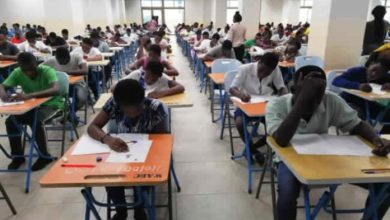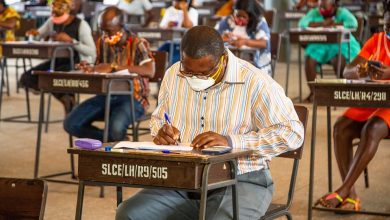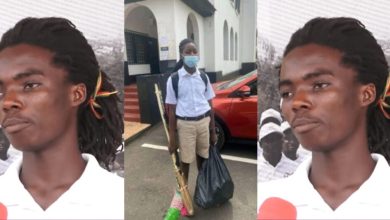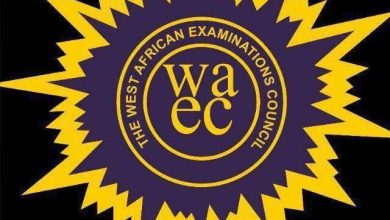Step aside if you can’t support underperforming schools – Mahama to Edu. Minister

|
Getting your Trinity Audio player ready...
|
Former President John Dramani Mahama has asked Education Minister, Dr. Yaw Osei Adutwum to let someone take over from him if he cannot help students in low-performing schools to improve.
According to the NDC flagbearer hopeful, the Minister’s statement that all underperforming schools will be shut down if they do not improve is unacceptable and demonstrates his incompetence.
Addressing NDC supporters in the Ahafo Ano South-East Constituency as part of a three-day campaign tour of the Ashanti Region, Mr. Mahama urged Dr. Adutwum to “stop assigning blame and accept responsibility for the underperforming schools and address the issue head-on.”
He posits that it is the Minister’s responsibility to ensure that all schools have the needed resources to improve their academic outcomes.
“The suggestion by the Education Minister to close down non-performing schools and enrol the students in other schools is unacceptable and insensitive to me, it’s not really understandable,” he said.
He further indicated that under the supervision of Prof. Jane Naana Opoku Agyemang, many of the low-performing schools were raised to a certain level to a point that competed with the best-performing schools.
He noted however that since the NPP government took office, academic excellence in many of these low-rated schools has declined dramatically due to negligence.
“It’s not the fault of the schools, their poor performance, it’s your duty as the Education Minister to properly resource all deprived schools, so you cannot close down any school in Ghana,” he indicated.
The Education Minister, during a forum in Kumasi, charged the Conference of Heads of Assisted Secondary Schools (CHASS) and Principals of Technical and Vocational Education and Training (TVET) institutions to improve their educational performances or risk having their institutions closed down.
He asked schools with a consistent zero to 10 percent pass rate to put together interventions to ensure the majority of their students find opportunities for further studies, rather than becoming a liability to their parents and society.




